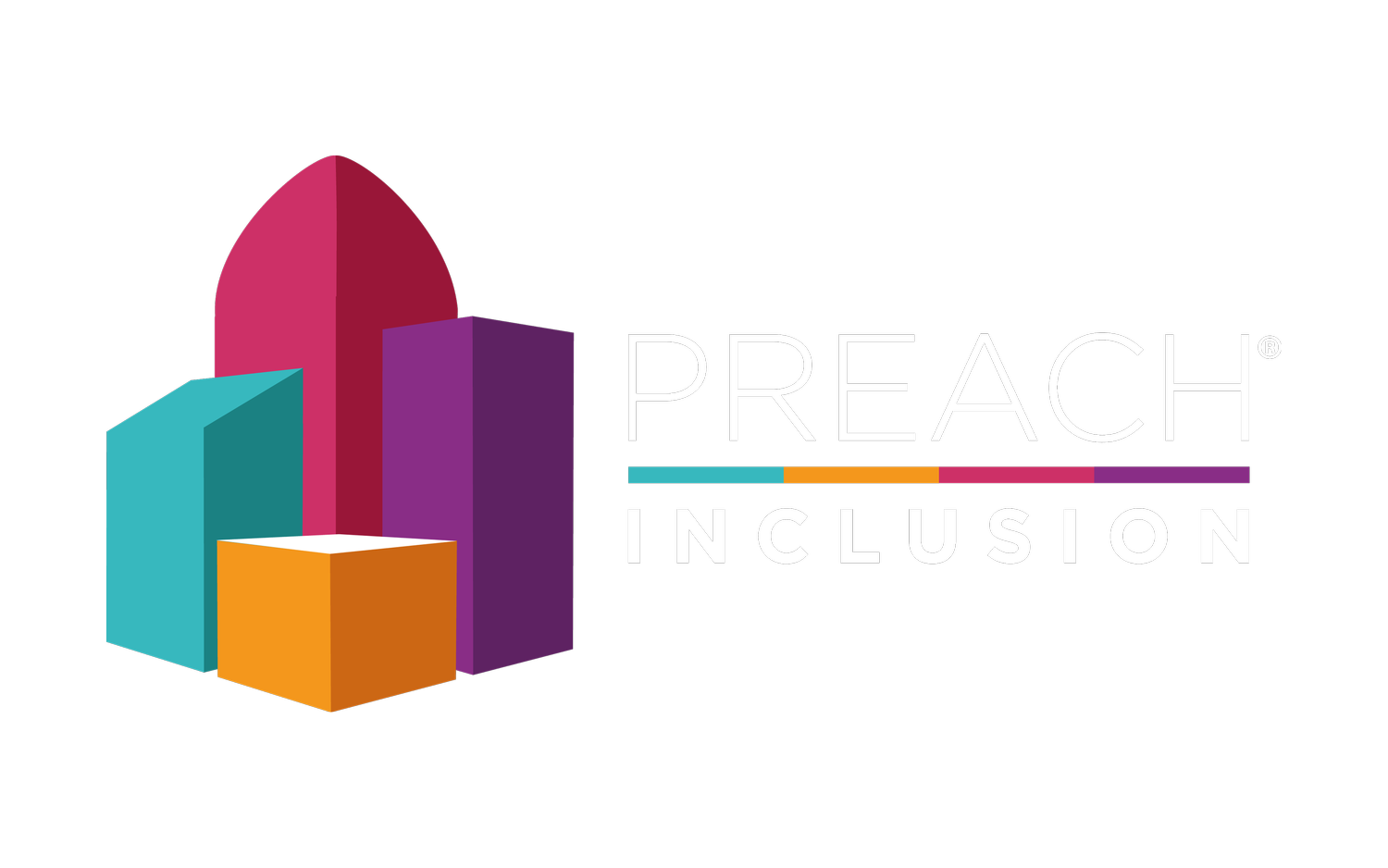The Power of Now: How to implement inclusive policies within the workplace
Please note that this article was published prior to the new brand name of PREACH Inclusion® on 25 April 2024, so you will notice references to BAME in Property.
National Inclusion Week takes place from 26 – 30th September and this year’s theme is ‘Time to Act: The Power of Now’. Often, Equality, Diversity and Inclusion (EDI) policies can take a while to implement and genuinely see results. With this in mind, we’ve set out some tangible actions which can demonstrate action and results from the get-go. From diversifying social events to doing a website audit, we truly believe that small steps can make all the difference, heading in the direction of creating a more comfortable and inclusive working environment.
1. Ensure senior leaders support your EDI efforts
EDI needs to be within the roots of a company, rather than an add on – it should guide every policy within the workplace, from culture, pay, recruitment strategy and flexible working – to name a few. If senior leaders aren’t pushing for this, it’s very difficult to implement any tangible policies.
2. Rotate who runs and drives meetings
‘Diversity is being invited to the party; inclusion is being asked to dance.’ Most companies run team meetings, usually led by the same person and often this one individual can dominate the agenda and conversation. One way of creating more inclusivity is to rotate who runs the meeting to enable colleagues to exert different approaches and personalities. This can lead to more ideas and ultimately more creativity. It’s also important for building confidence for those who typically don’t speak and enables them to feel more included.
"Asking for flexible working during Ramadan becomes much easier when everyone has received an e-newsletter about it."
3. Diversify your social events
When you’re planning your next social event, perhaps it’s time to do something different. Not all events need to involve alcohol, as this can isolate those who choose not to drink or don’t feel comfortable being in that environment.
And have you noticed some people consistently aren’t able to make social events due to other commitments? Think about timing of your next event, perhaps even doing it during working hours to enable everyone to take part.
4. Celebrate some different cultural and religious events
Download a festivals calendar and pick a few key events you could celebrate or highlight throughout the year. This not only raises awareness and educates colleagues, but it can often make what appear to be difficult conversations, much easier. For example, asking for flexible working during Ramadan becomes much easier when everyone has received an e-newsletter about it.
Celebrating different festivals also breaks down barriers and biases that people inherently have – it’s the start of creating an open-minded culture for the future of the company.
5. Organise a website audit to ensure it reflects diversity
‘Your vibe attracts your tribe’. If your company website is only showing one type of person, this won’t excite people from more underrepresented backgrounds to want to join. With it being the first port of call for research on a company, put your best foot forward and ensure your showing diversity in images, different levels within the organisation, voices and content from individuals across the whole company, not just the senior leadership team.
Gen Z are increasingly looking for a company’s EDI policy on the website, so have a page about this too and be honest about the journey – people like the candidness.
Sometimes it’s easier to have an external consultant critique your website than it is from within your company. Consider speaking to an organisation like BAME in Property to help you with this process.
"Just like good work is rewarded, best practice for the company should be recognised and acknowledged in annual appraisals and feedback from leaders."
6. Ask for feedback from your employees
Regularly gather feedback and share results at the team level. When company leaders are consistently open to receiving feedback—constructive and positive—the door to achieving substantive progress is opened.
7. Recognise inclusive behaviours
In many organisations, EDI policies are suggested within an internal diversity or working group. The burden of executing this shouldn’t fall on your employees, but where employers have taken an active role in internal working groups, led on a cultural event or taken time to drive an EDI policy, this should be rewarded. Just like good work is rewarded, best practice for the company should be recognised and acknowledged in annual appraisals and feedback from leaders.
These are just some of the measures you can implement immediately to start creating a more inclusive culture. Need help with any of these? Get in touch with BAME in Property to see how we can support you on your EDI journey.
